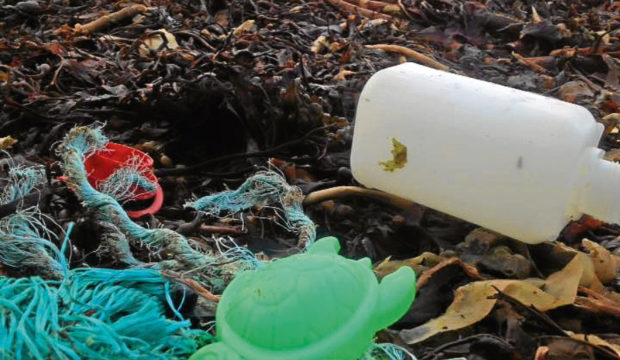Three Scottish islands have been selected to be part of a major pilot project aimed at tackling the scourge of marine plastic pollution.
Orkney, Skye and Harris are among ten UK islands that will try and find solutions to the problem.
Surfers Against Sewage (SAS) has joined forces with Parley for the Oceans to identify and support the ten island communities around the UK in the fight against plastic pollution.
SAS says plastic pollution crisis can have a disproportionate negative impact on island ecosystems, wildlife and communities from the tropics to the tundra.
The new project, targeting small cold water islands around the UK, will explore plastic pollution pathways and promote community-based solutions to demonstrate how these microcosms can provide a template for global action towards a plastic-free future.
Each island will have a committed lead community volunteer.
The project sought ten geographically diverse island communities of varying sizes across the UK, with populations up to 25,000 permanent residents.
Ben Hewitt, director of campaigns and projects at Surfers Against Sewage, said:“Our island communities are on the front line battling the scourge of plastic pollution and we want to support the groups and individuals working tirelessly to tackle avoidable single-use plastic.
“This project provides the tools, guidance and strategy to support community-led action to free where we live from avoidable single-use plastic.”
Parley founder Cyrill Gutsch added:“Every piece of plastic we pick up from a beach is a victory for life in the oceans.
“In collaboration with Surfers Against Sewage, we are able to drastically increase the fight against plastics in the UK, expanding to islands that had not yet been in the focus.
“Now we will boost the efforts of communities working to stem the tide of pollution with the strength of our strategy and global network.
“Out there, it’s clear: plastic is a design failure. It is not ready for a circular economy.
“It is a toxic material and needs to be replaced by a new generation of materials. Collaboration, creativity, community and eco-innovation — this is the way forward.”
